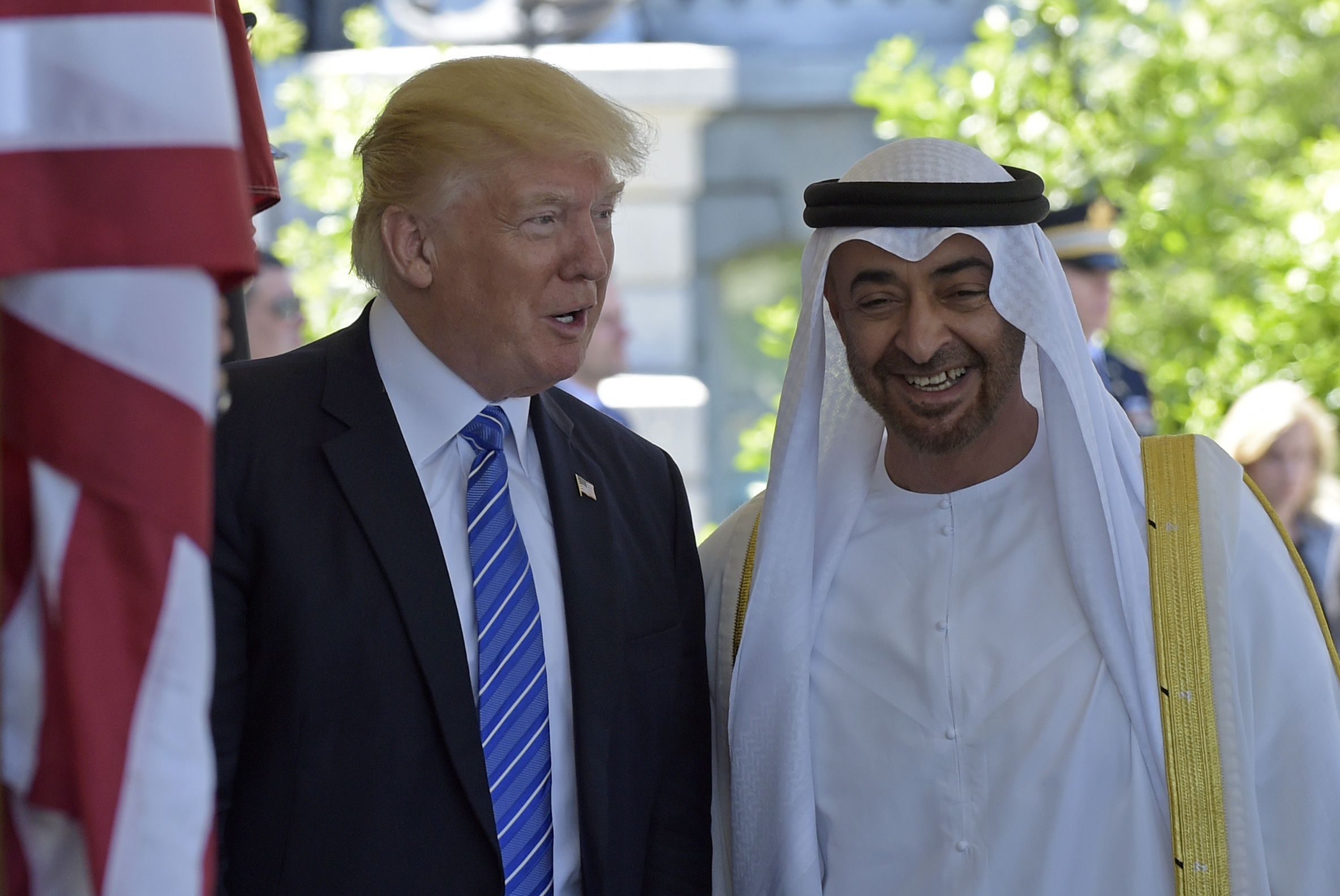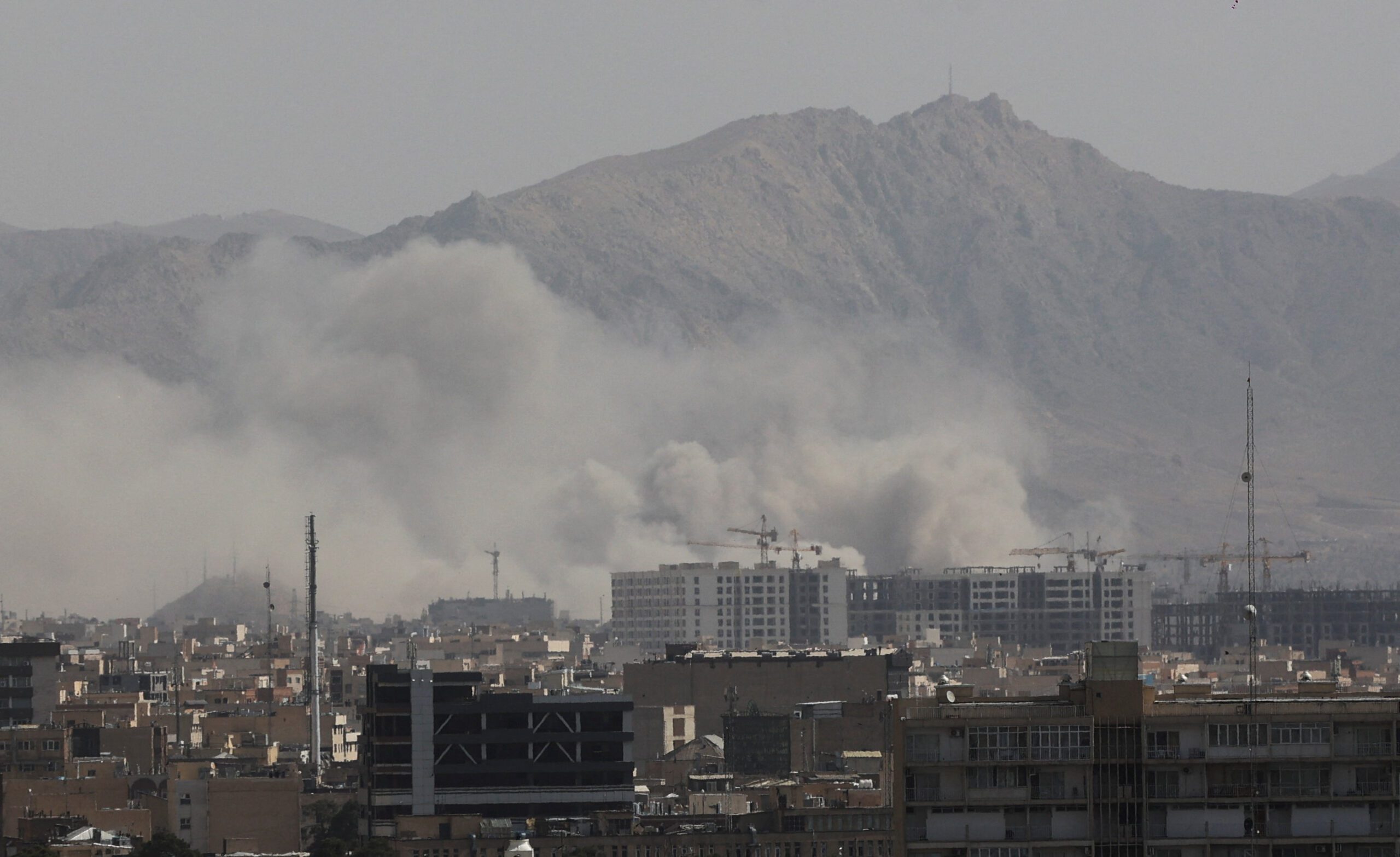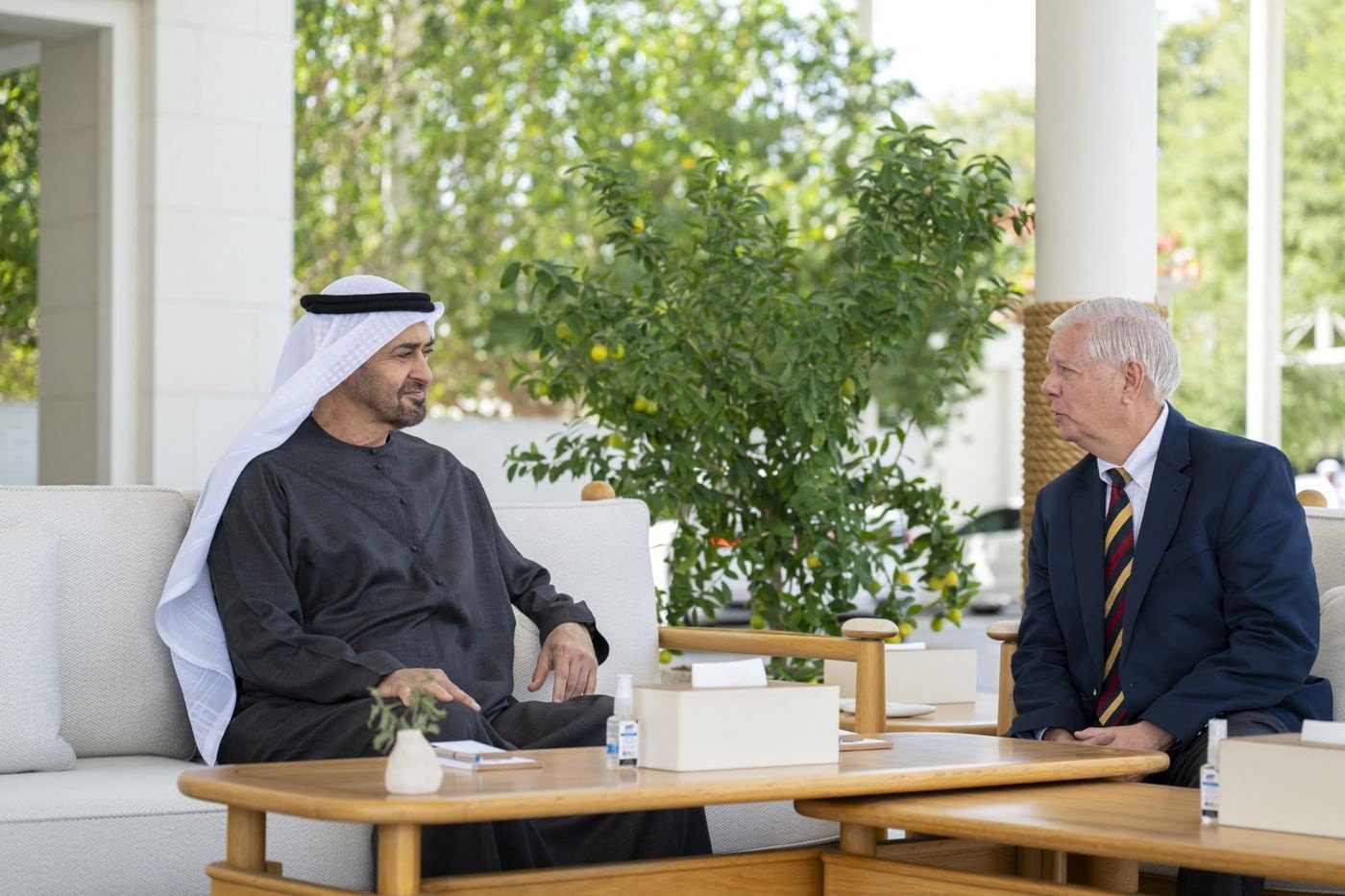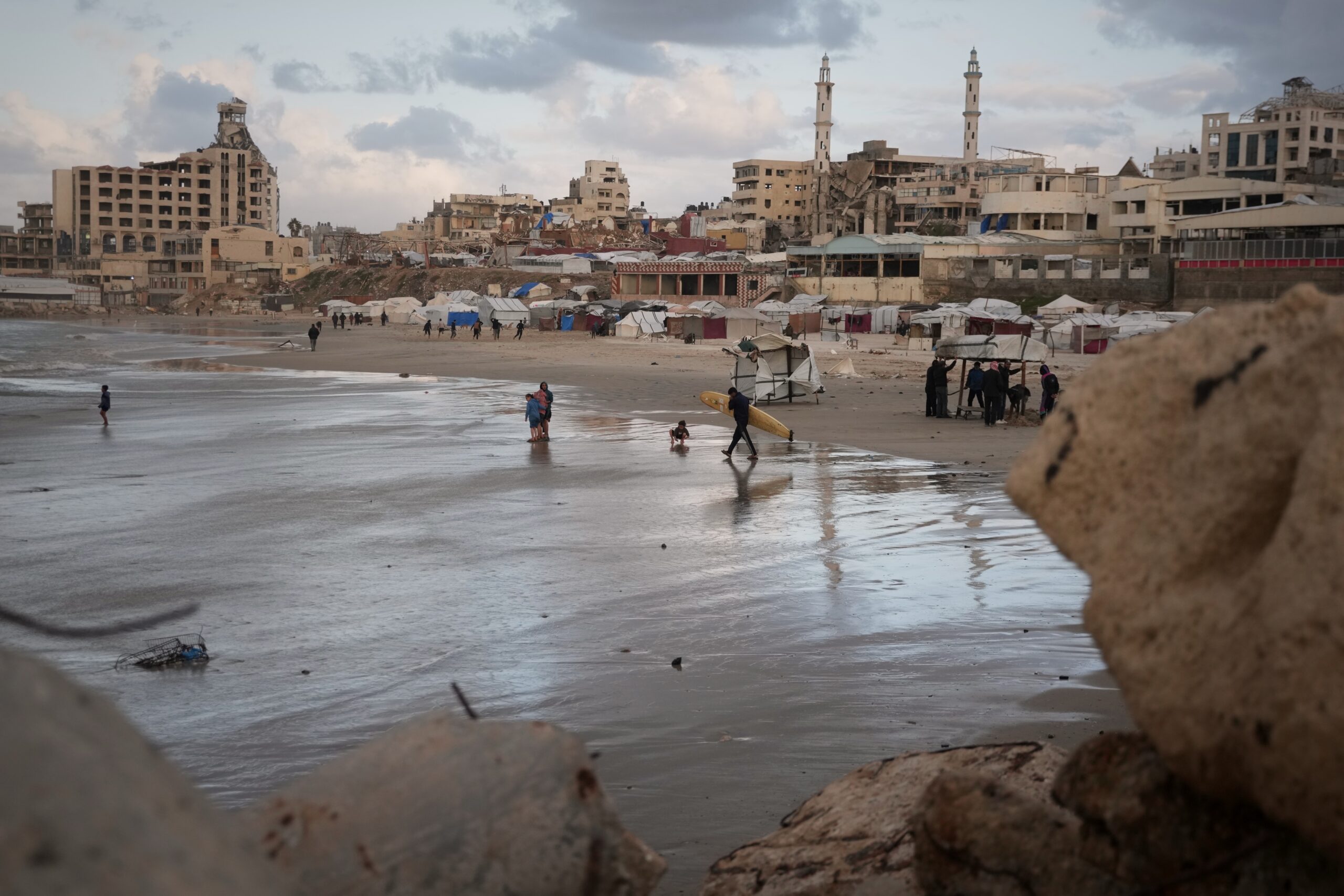In Search of a Trump Administration Middle East Policy
President Trump's visit to the region raises the question of whether a definitive Trump administration Middle East policy may be starting to take shape

Executive Summary
U.S. President Donald J. Trump is about to embark on his first overseas trip, with an emphasis on Middle East peace and security. His visit to the region raises the question of whether a definitive Trump administration Middle East policy may be starting to take shape, and how that process relates to both the policies and regional strategic circumstances that the new administration inherited from its immediate predecessor. There are several significant reasons to think a coherent new approach may be emerging, but also serious grounds – particularly given unprecedented unpredictability in U.S. Middle East policy – for doubting it. This paper seeks to identify and evaluate both perspectives, and provide a framework for appraising the ongoing evolution of U.S. Middle East policy under Trump.
Emerging key themes are:
- Rebuilding ties with traditional allies
- Countering Iran
- Engaging on Israeli-Palestinian peace
- Willingness to use military force
- “Quiet diplomacy” on human rights
Ongoing problems include:
- Policy incoherence
- An arguable lack of U.S. leadership
- Potential dangers of unrestrained rhetoric and ineffective military messaging
- Institutional weaknesses, especially in the U.S. Department of State
- Perils of sustained unpredictability for a status quo power
The views represented herein are the author's or speaker's own and do not necessarily reflect the views of AGSI, its staff, or its board of directors.

























